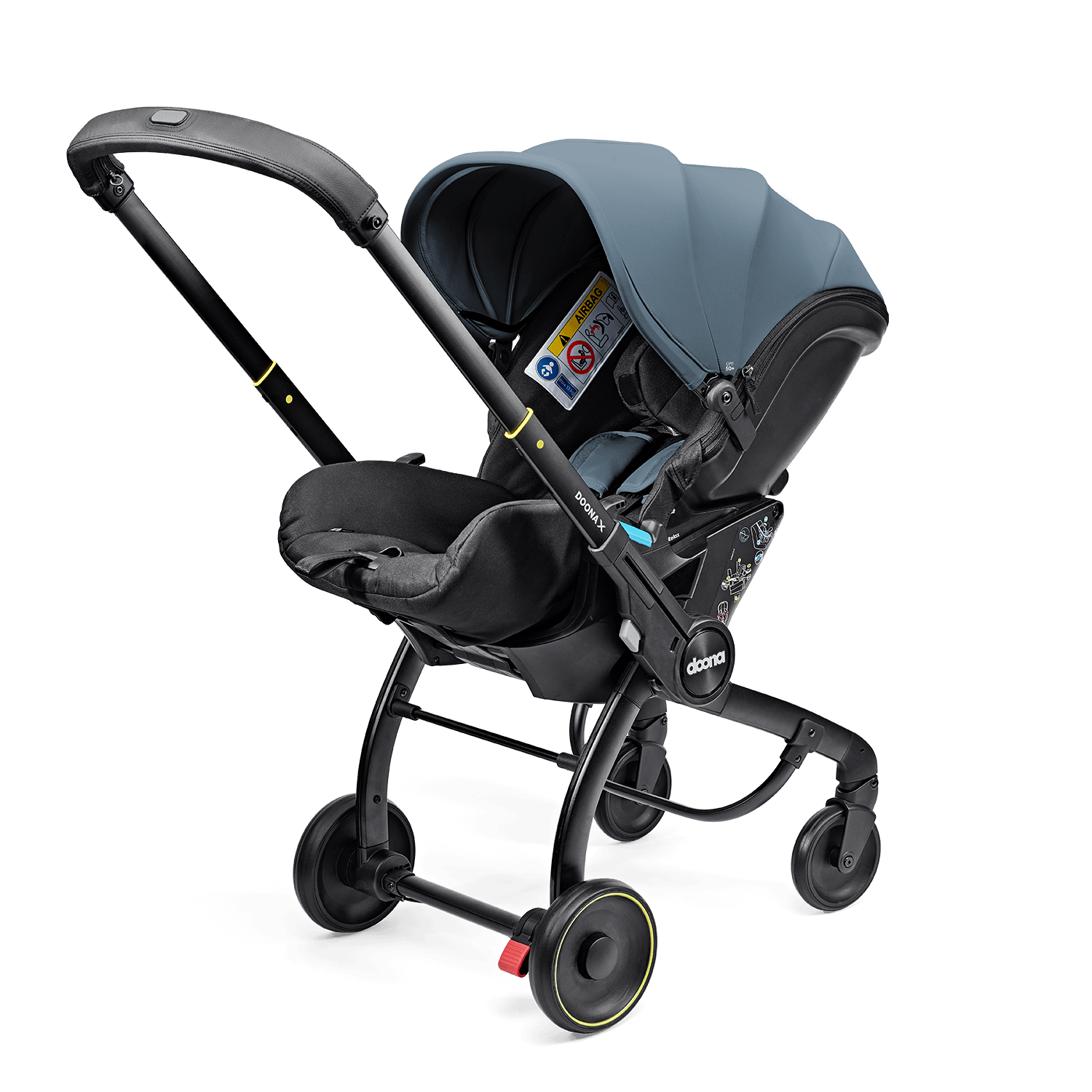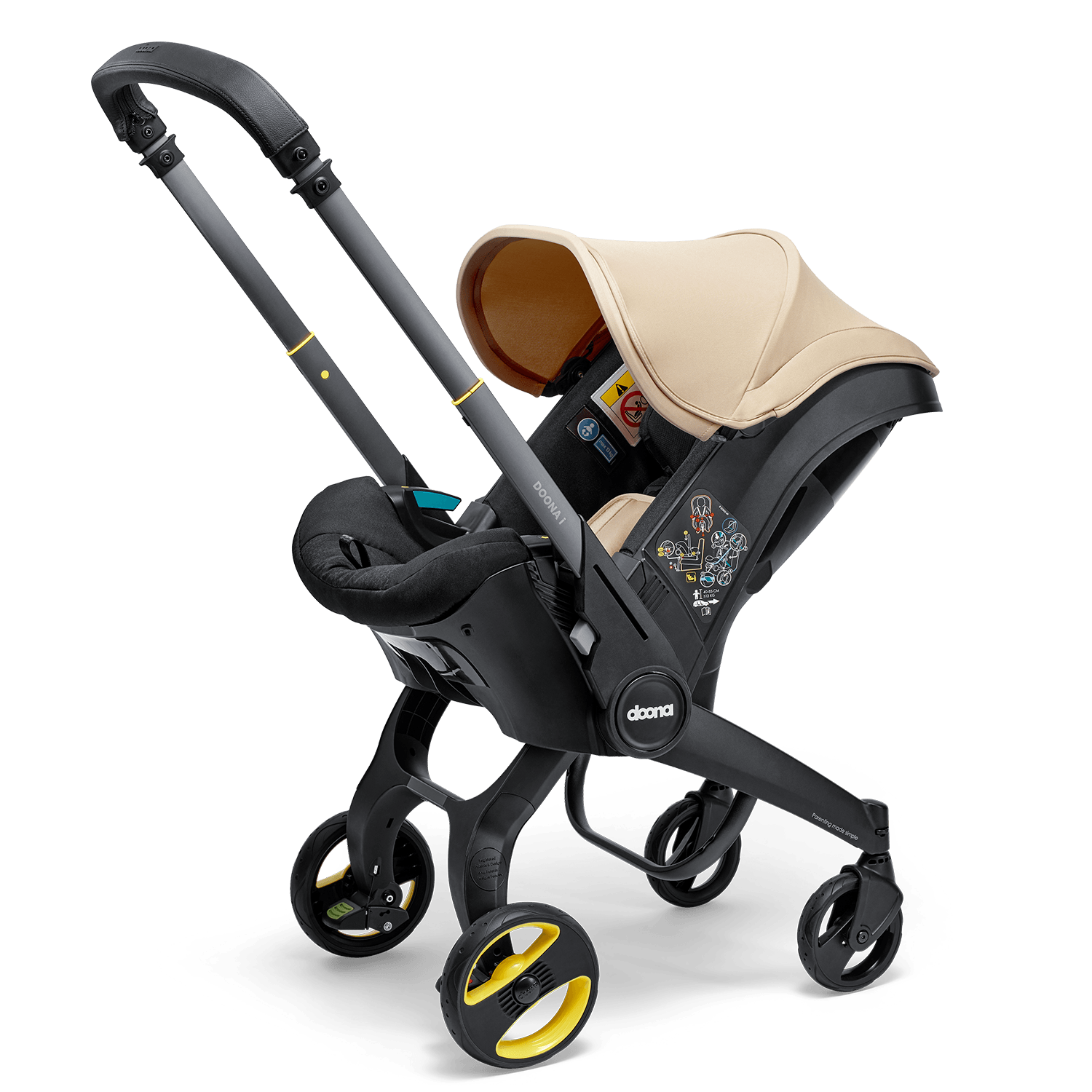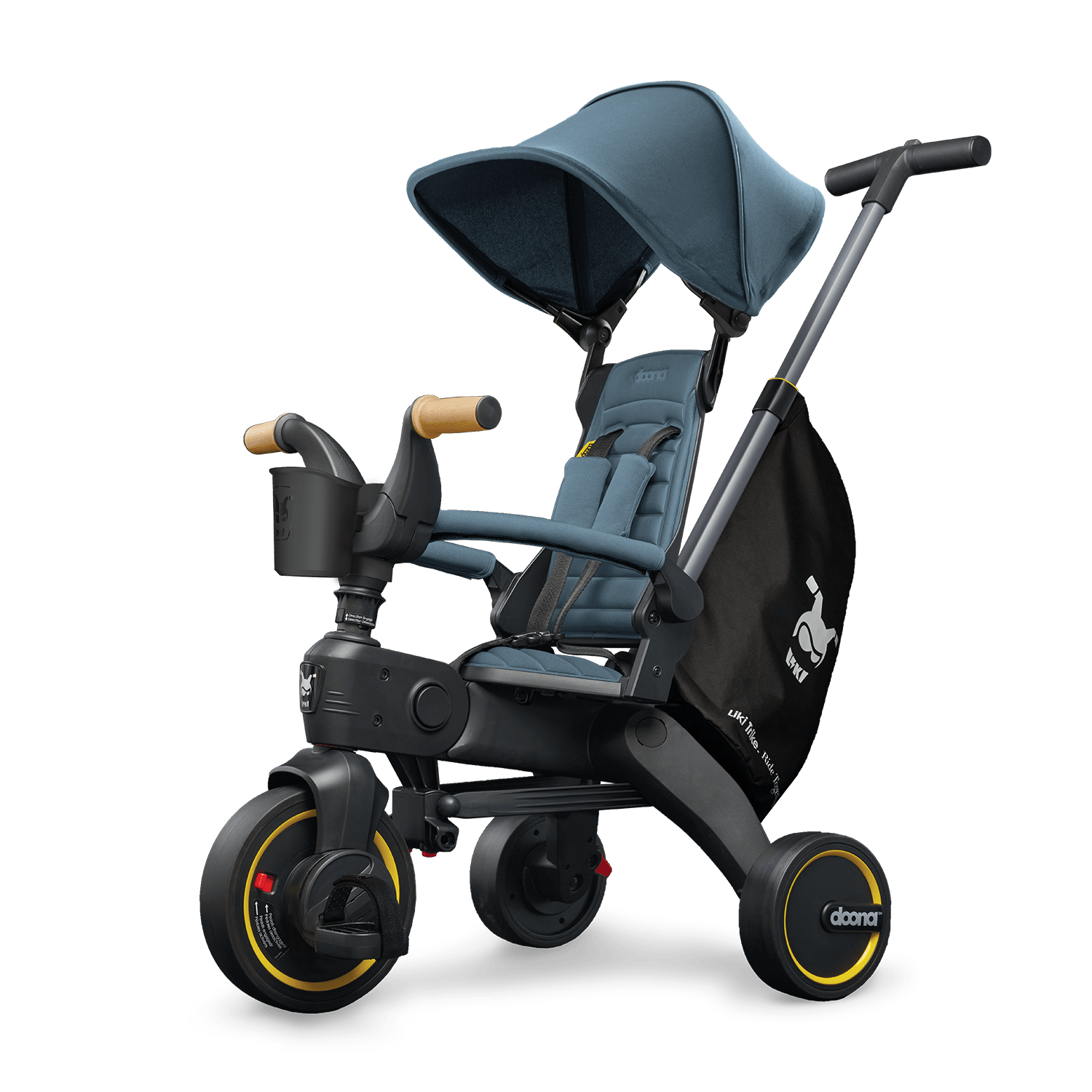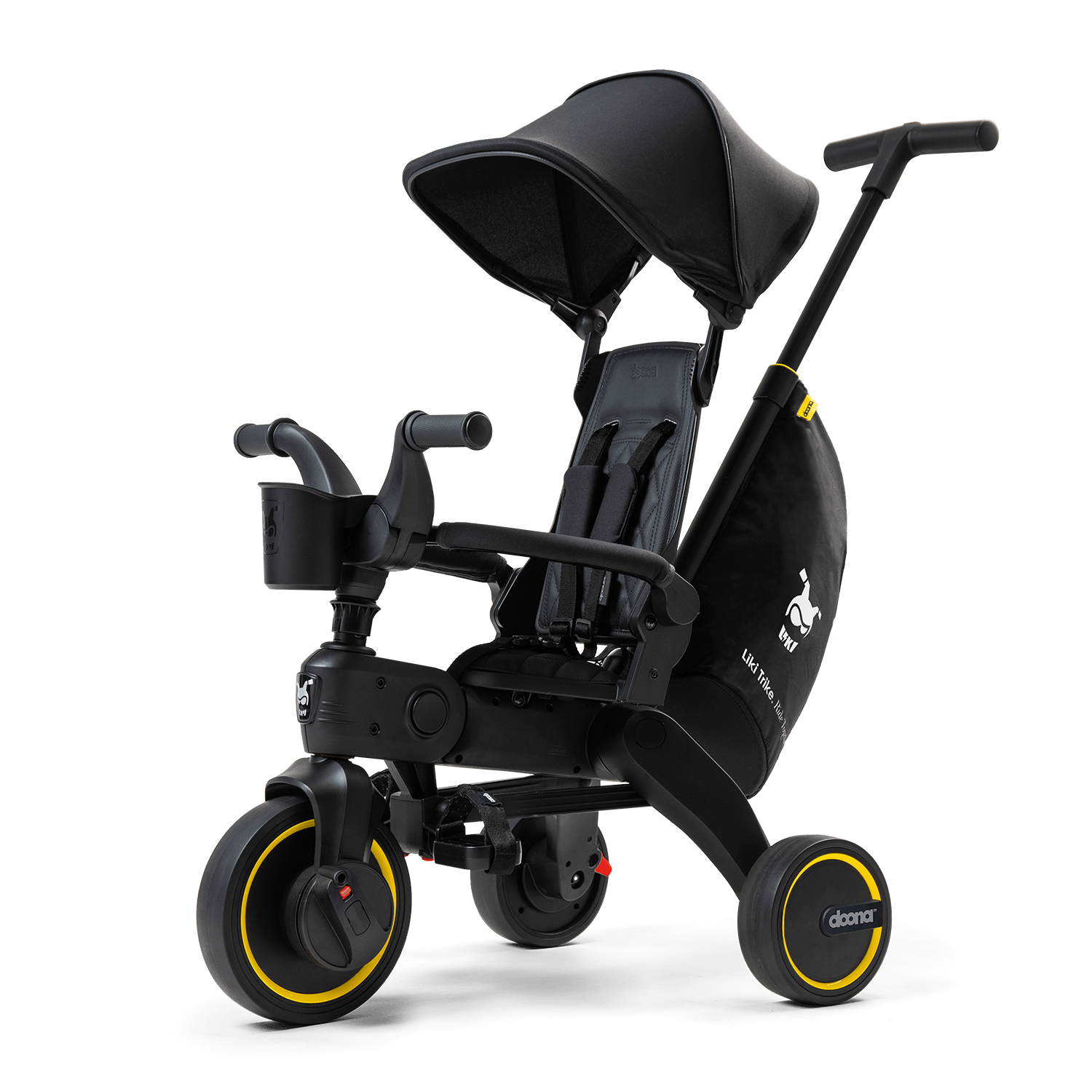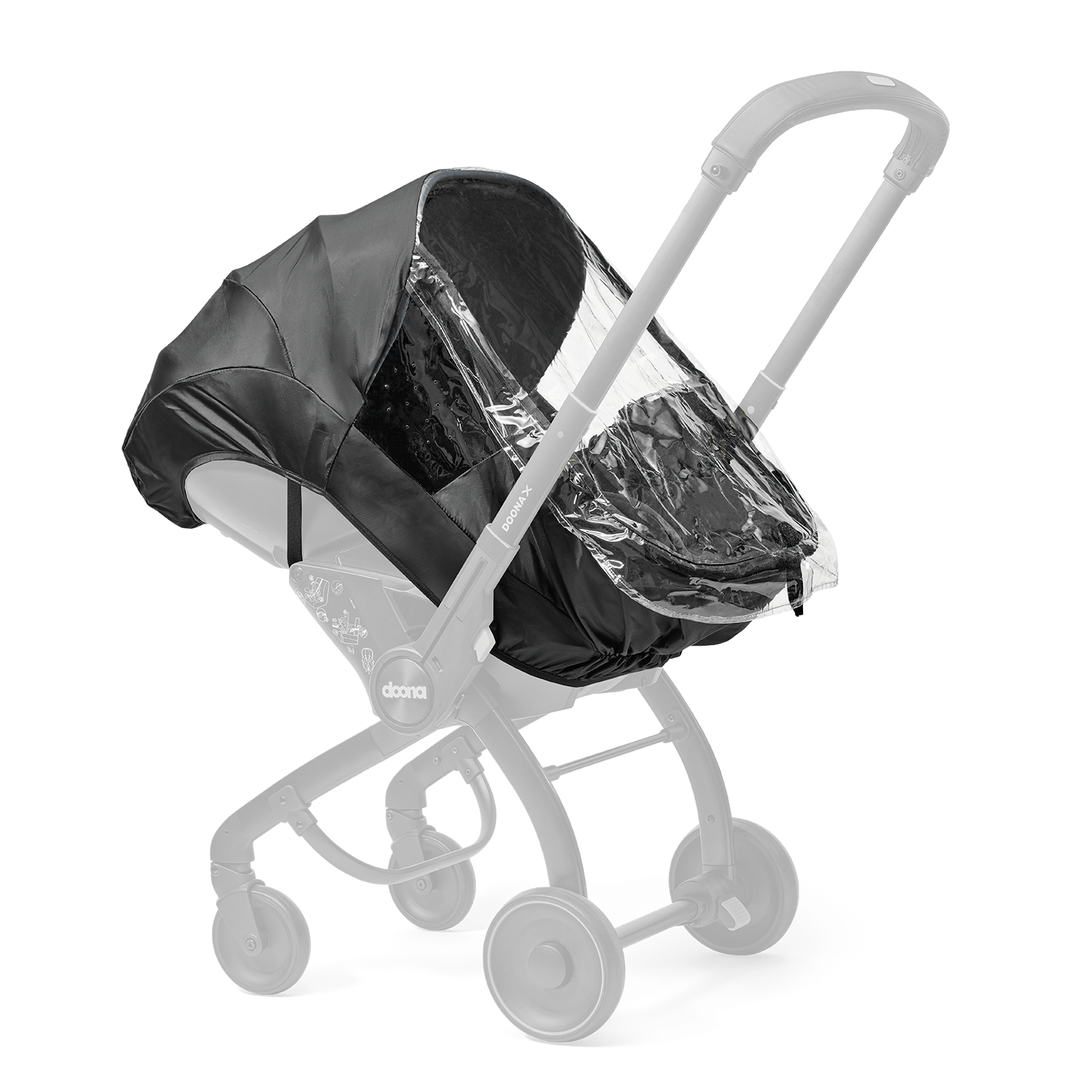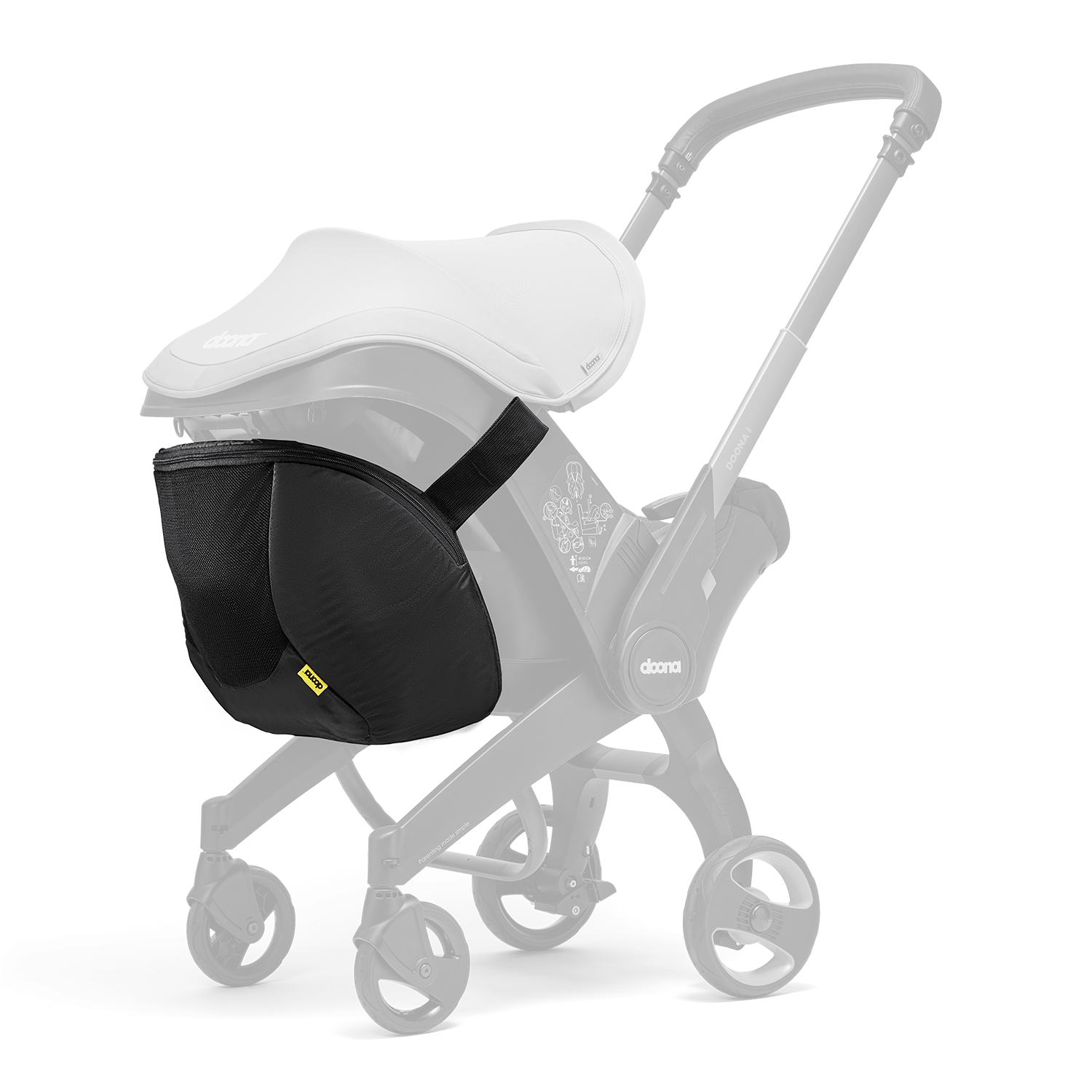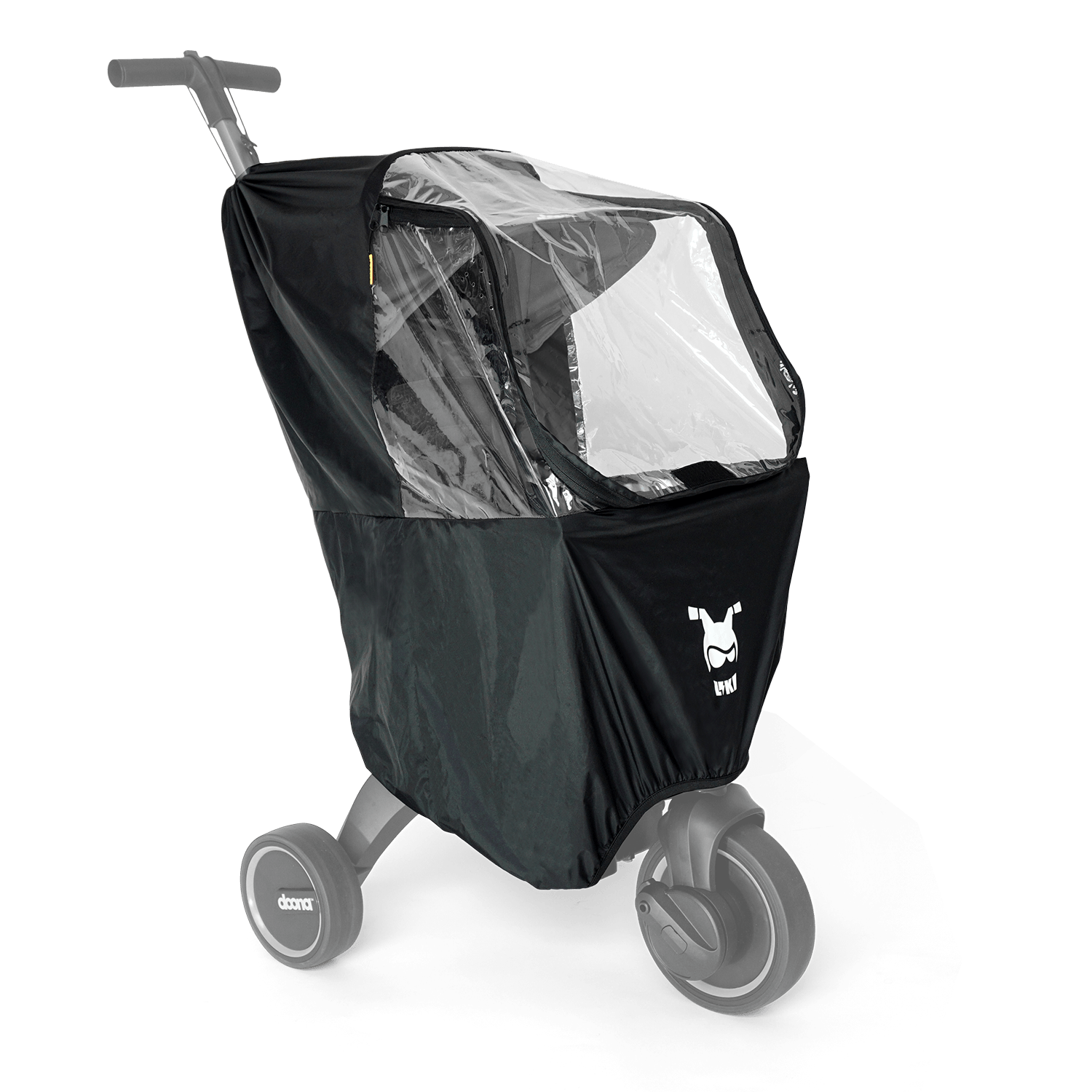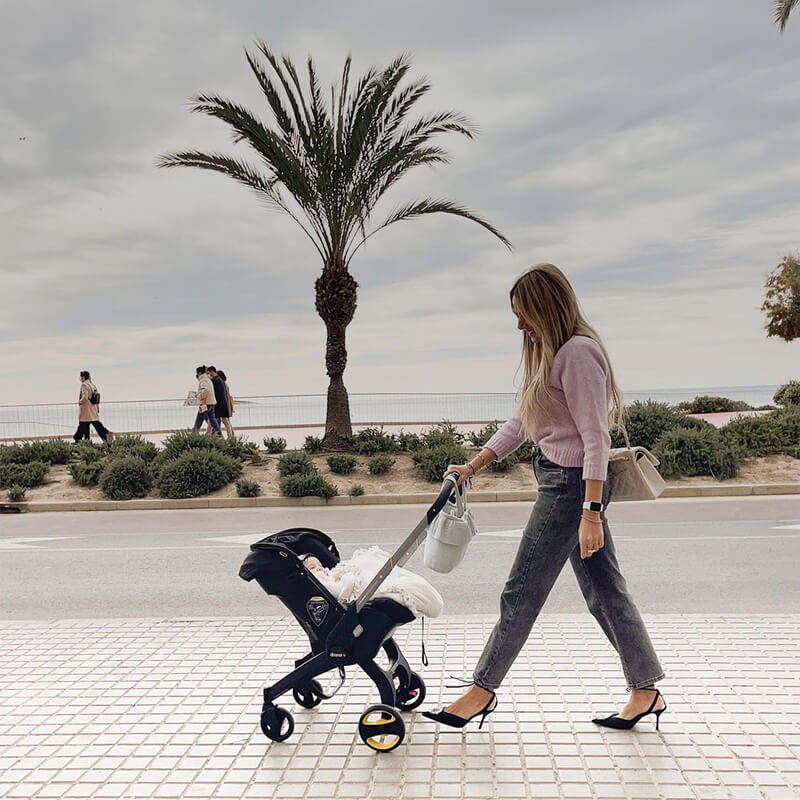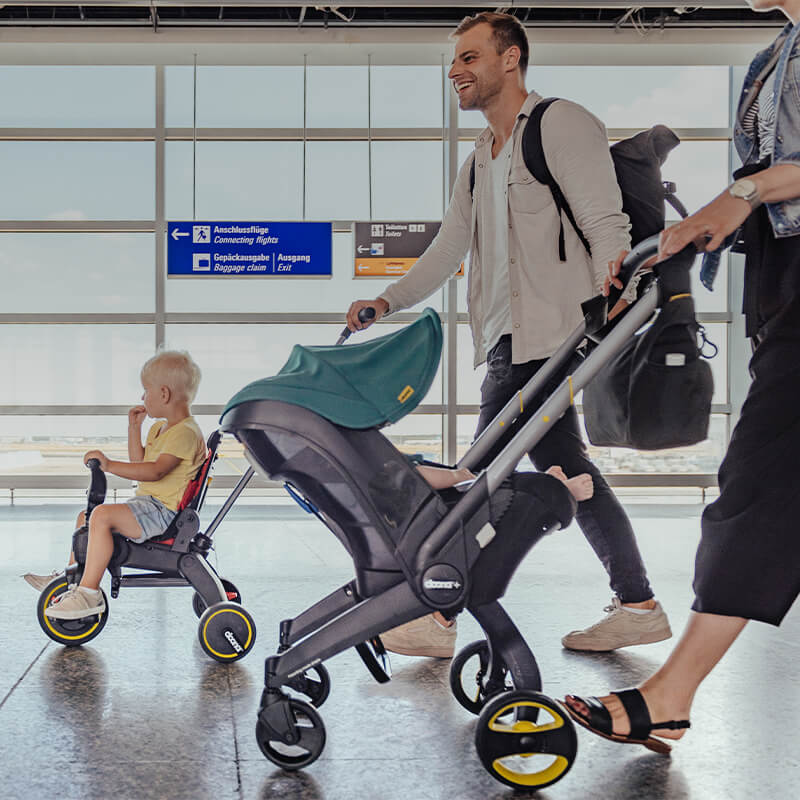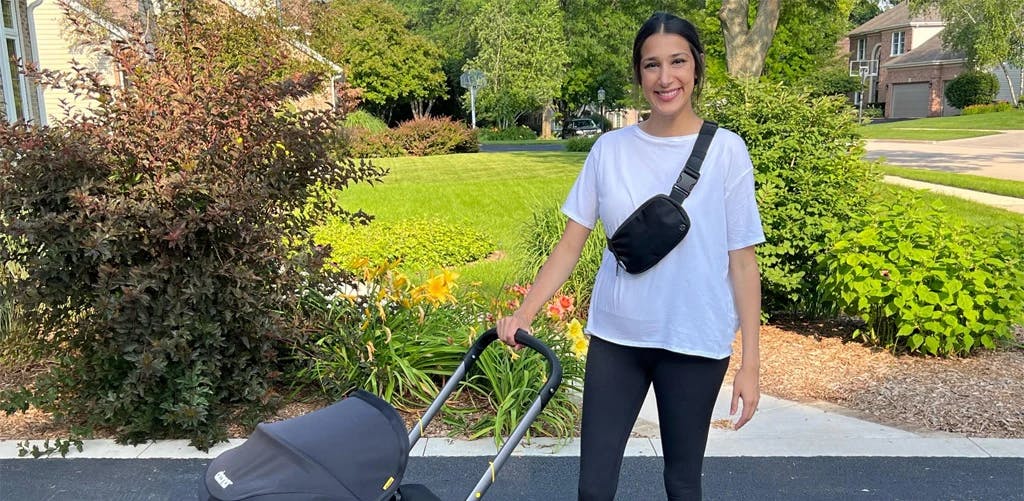Insights with Deema Soufan on maternal mental health
We spoke in depth with Deema Soufan, an expert in perinatal therapy and successful social media influencer, to learn more about maternal mental health, her own pregnancy journey, and more!
As a perinatal therapist, what’s your favorite part of your job?
The absolute favorite part of my job is watching my patients develop trust in the process. Many come to me fearing that they will never feel “better” or that they will always feel like “this,” whatever this is. I ask them to trust that with time, they will feel better. Inevitably they do! It is truly a privilege to watch someone grow into their own skin as a mother and regain their confidence and happiness.
What’s the most challenging aspect of your job?
By nature, I’m a fixer. The hardest part of my job is sitting with my patients in pain at times, because that is part of the process. I remind myself and I remind them that it would be wrong of me to try and take their distress/challenges away with a quick fix. The reasoning behind that being, the quick fix never actually mitigates the problem at hand.
What do you think are the biggest misconceptions surrounding pregnancy and mental health?
A common misconception is that because pregnancy is so common, women should become better. I see a very callous “it is what it is” reaction over and over again. Due to this notion, many do not seek help because they do not think their struggles are worthy of help or they do not think they are distressed enough. You do not need a formal black and white diagnosis to seek help!
What’s the best way for a new mama’s partner to be supportive to their emotional needs post-pregnancy?
Listen! Sometimes that means nothing will be said, and that can be really difficult. Do not try to fix her. Unfortunately, there is no quick solution to the challenges that motherhood and perinatal mood disorders come with. The most painful thing that I see done to mothers is diminishing their experience or making them feel like they can’t handle motherhood. Remind her of what a great job she is doing and assist her with whatever needs she is currently having.
What are the most common signs and symptoms of postpartum depression?
Very common signs of postpartum depression can vary but in general:
Overall sense of unhappiness and dread
Persistent thought pattern surrounding the mothers perceived inability to parent
Crying
Rage in the sense that the mother has a difficult time regulating her temper in a way that is uncharacteristic for her
Difficulty sleeping
Difficult time bonding with the baby OR debilitating anxiety surrounding leaving the baby at all
What would you say to women experiencing postpartum mental health issues?
I would tell them that it DOES get better. I know that it doesn’t feel like that today and I know that their pain is so real. I would remind them that they are worthy of help. It truly cannot be done alone, and that includes mental health assistance for the mother. Be open to the process, know that sometimes it does feel worse before it feels better, but it will feel better. Mama, you must remember that you are entering into this journey with a lifetime of experiences, many of which were painful.
Reaching out for resources can also feel very overwhelming. Postpartum Support International (opens in a new tab) is the hub for all perinatal resources! Parenting websites such as Bumblebaby are also available for evidence-based information for parents on infant care AND care for parents as well!
Tell us about your own pregnancy journey(s)!
My pregnancy journeys were by no means glamorous. I experienced hyperemesis gravidarum, a severe form of morning sickness that lasts until delivery and affects about 1% of pregnancies, with my first two children. This left me quite depressed for the duration of my pregnancy. I had a fear that this would impact my bond with my children. Fortunately, this was not the case. My pregnancy and postpartum experience with my first two children motivated me to break into this niche of mental health.
I quickly recognized that fortunately we have a vast amount of resources for children. Unfortunately, there seemed to be very few for mothers. I recall staring at my first-born when he was a few months old, feeling sorry for myself because I was missing out on some event because I was too anxious to leave him with a very capable babysitter, and recognizing that I needed help. The problem was that I could not access any help because I could not attend therapy, there was no one to watch my son! A lot has changed in the last two years including access to therapy. Telehealth is available across the country and nearly all insurance platforms accept this method. Many barriers have been lifted for access to treatment, I urge you to access them if any of this resonated with you!
I am expecting my third any day now, and have been in my own therapy for a year and have been serving the perinatal population exclusively as a clinician and as an advocate for almost five years. Aside from being a mother, it is my greatest bragging right. I love what I do.
Deema Soufan (opens in a new tab), a perinatal therapist, mother of three, successful blogger, and part of the bumble.baby team, as well as a recurring co-host with Jade and Carly for the mommies tell (opens in a new tab) all podcast.
At Doona, we are all about providing the most innovative products to help make your life easier. That’s why we created smart and functional travel baby gear like our Doona Car Seat & Stroller, the fully integrated travel system that transforms in a click; as well as Liki Trike, the most compact folding tricycle on the market.
